New chip could charge phones in ten minutes
Scientist develops chip to monitor battery health that could increase battery life and cut charge times
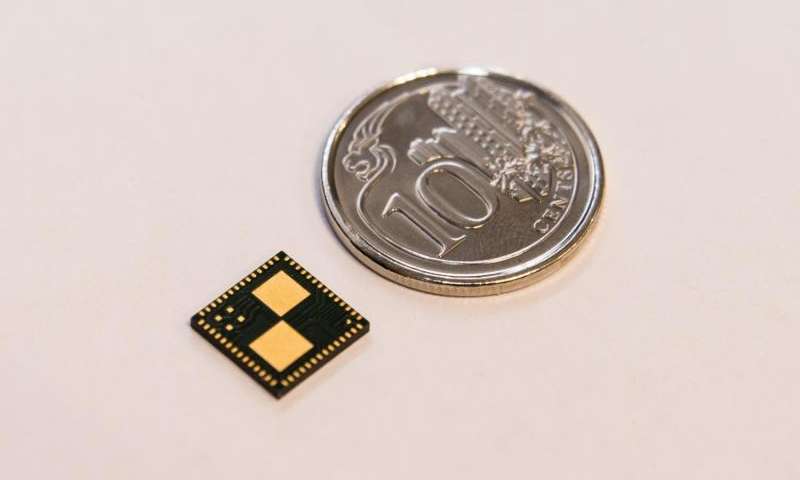

A chip has been developed that could make waiting hours to charge a phone a thing of the past.
Nanyang Technological University Professor Rachid Yazami, said the chip could cut recharging times down to ten minutes and increase battery life as well as decrease the risk of battery fires.
The news comes after the announcement that similar research by Oxford University into smartphone screens could cut charging needs down to once a week.
Yazami said that the chip has gained the interest of the likes of Sony, Sanyo and Samsung as well as car maker Tesla.
The smart chip sports a proprietary algorithm developed by Yazami that is based on electrochemical thermodynamics measurements (ETM technology). At present, lithium-ion batteries have a chip in them which only shows voltage and temperature readings. Today's battery chips are unable to detect a malfunction and can also show only the estimated amount of charge the battery is holding.
But the chip has a patented algorithm that is able to analyse both the state of health and the state of charge. This produces a chart that looks rather like a ski route down a mountain.
"The ski route' of a brand new battery looks different from those of a degraded or faulty battery just like how two fingerprints will look quite different," he said.
Get the ITPro daily newsletter
Sign up today and you will receive a free copy of our Future Focus 2025 report - the leading guidance on AI, cybersecurity and other IT challenges as per 700+ senior executives
"In addition to knowing the degradation of batteries, our technology can also tell the exact state of charge of the battery, and thus optimise the charging so the battery can be maintained in its best condition while being charged faster."
He envisaged every battery containing the chip, "which will in turn reduce the risk of battery fires in electronic devices and electric vehicles while extending their lifespan."
The chip took five years to develop and is marketed by Yamazi's start-up in Singapore KVI Pte.
It is expected that the technology will be made available for licensing by chipmakers and battery manufacturers before the end of 2016.
Rene Millman is a freelance writer and broadcaster who covers cybersecurity, AI, IoT, and the cloud. He also works as a contributing analyst at GigaOm and has previously worked as an analyst for Gartner covering the infrastructure market. He has made numerous television appearances to give his views and expertise on technology trends and companies that affect and shape our lives. You can follow Rene Millman on Twitter.
-
 Should AI PCs be part of your next hardware refresh?
Should AI PCs be part of your next hardware refresh?AI PCs are fast becoming a business staple and a surefire way to future-proof your business
By Bobby Hellard Published
-
 Westcon-Comstor and Vectra AI launch brace of new channel initiatives
Westcon-Comstor and Vectra AI launch brace of new channel initiativesNews Westcon-Comstor and Vectra AI have announced the launch of two new channel growth initiatives focused on the managed security service provider (MSSP) space and AWS Marketplace.
By Daniel Todd Published
-
 MacBook Pro owners report MagSafe charging issues
MacBook Pro owners report MagSafe charging issuesNews The return of MagSafe charger on the new 16in MacBook is creating problems for users
By Danny Bradbury Published
-
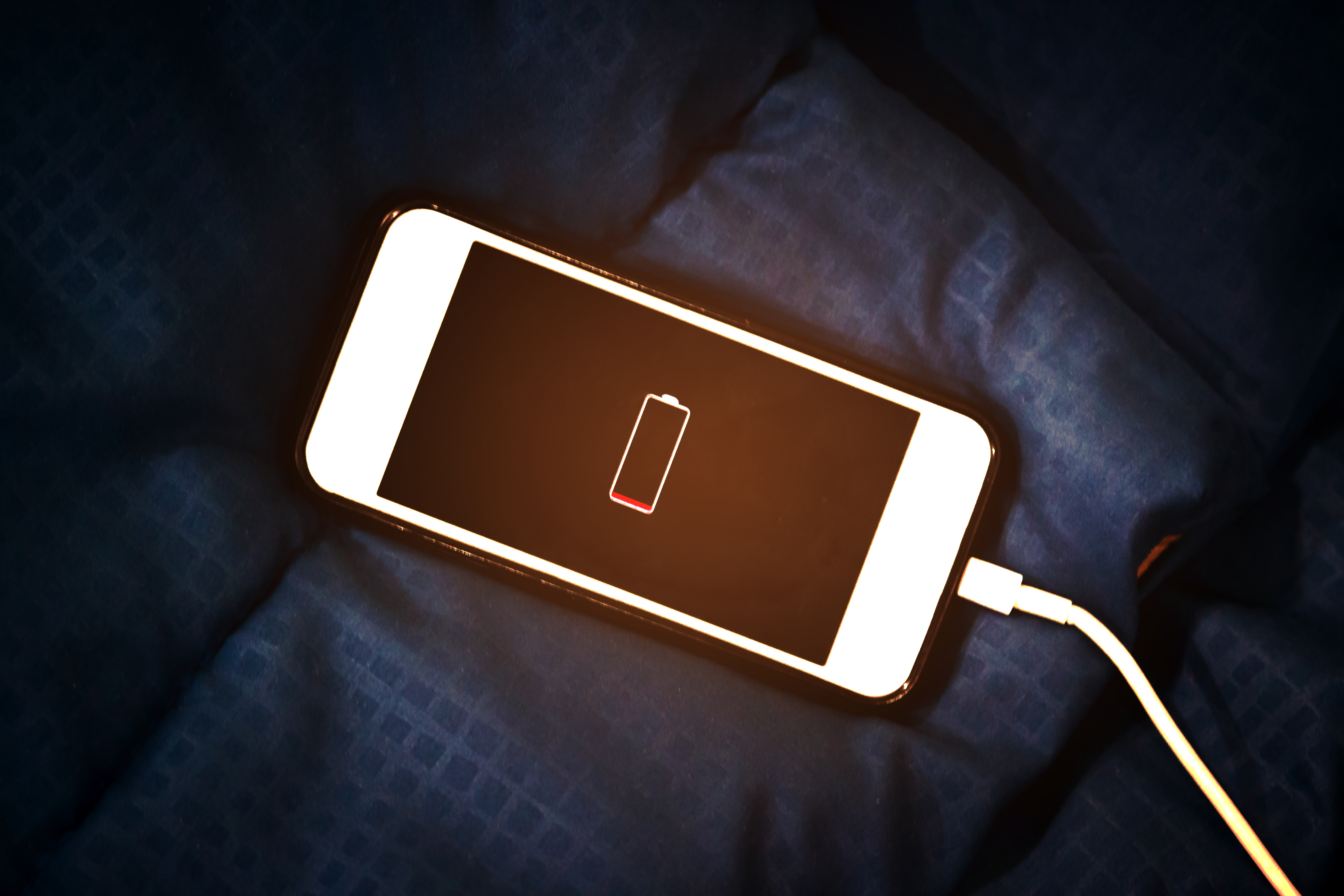 Apple is experimenting with attention sensors to save battery life
Apple is experimenting with attention sensors to save battery lifeNews Your next Apple device may shut down if you are not paying attention to it
By Justin Cupler Published
-
 Omarco introduces the world’s smallest 5,500mAh wireless phone charger
Omarco introduces the world’s smallest 5,500mAh wireless phone chargerNews This tiny wireless charger will zap your phone back to 100% in just 1.5 hours
By Tyler Omoth Published
-
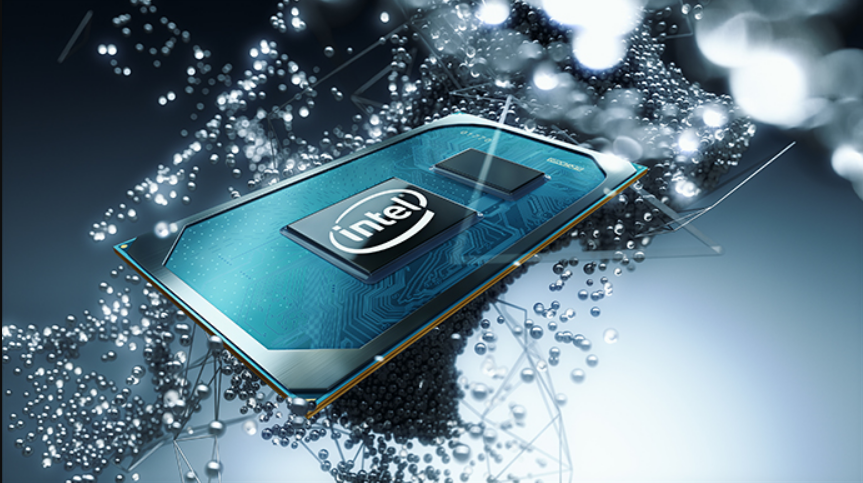 Intel pledges more power and battery life with Tiger Lake CPUs
Intel pledges more power and battery life with Tiger Lake CPUsNews The embattled firm hopes to turn over a new leaf with a branding refresh and launch of the ‘EVO’ standard
By Keumars Afifi-Sabet Published
-
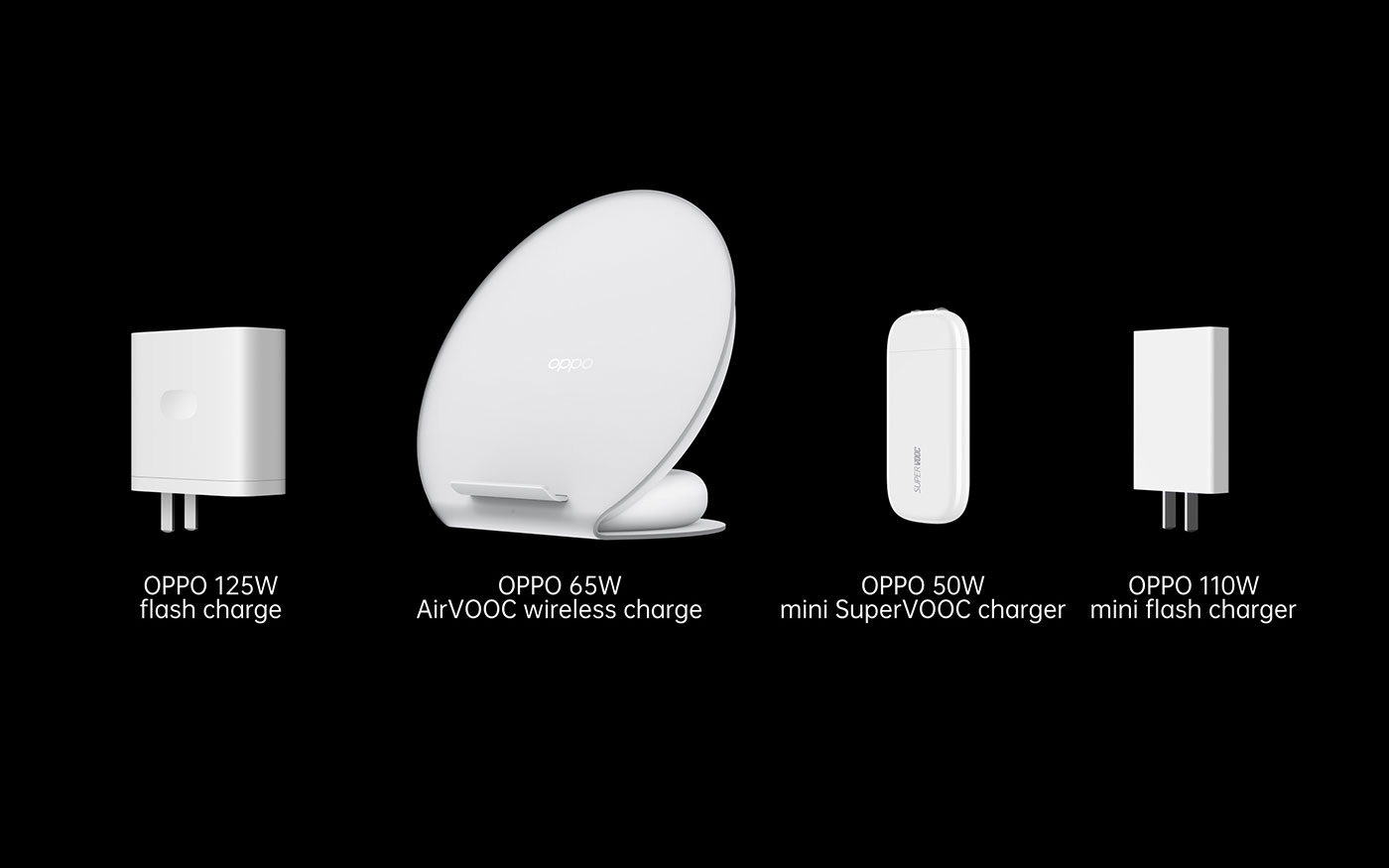 OPPO’s 125-watt charger tops up smartphones in just 20 minutes
OPPO’s 125-watt charger tops up smartphones in just 20 minutesNews OPPO’s all-new lineup of flash chargers likely won't make it to the U.S.
By Sarah Brennan Published
-
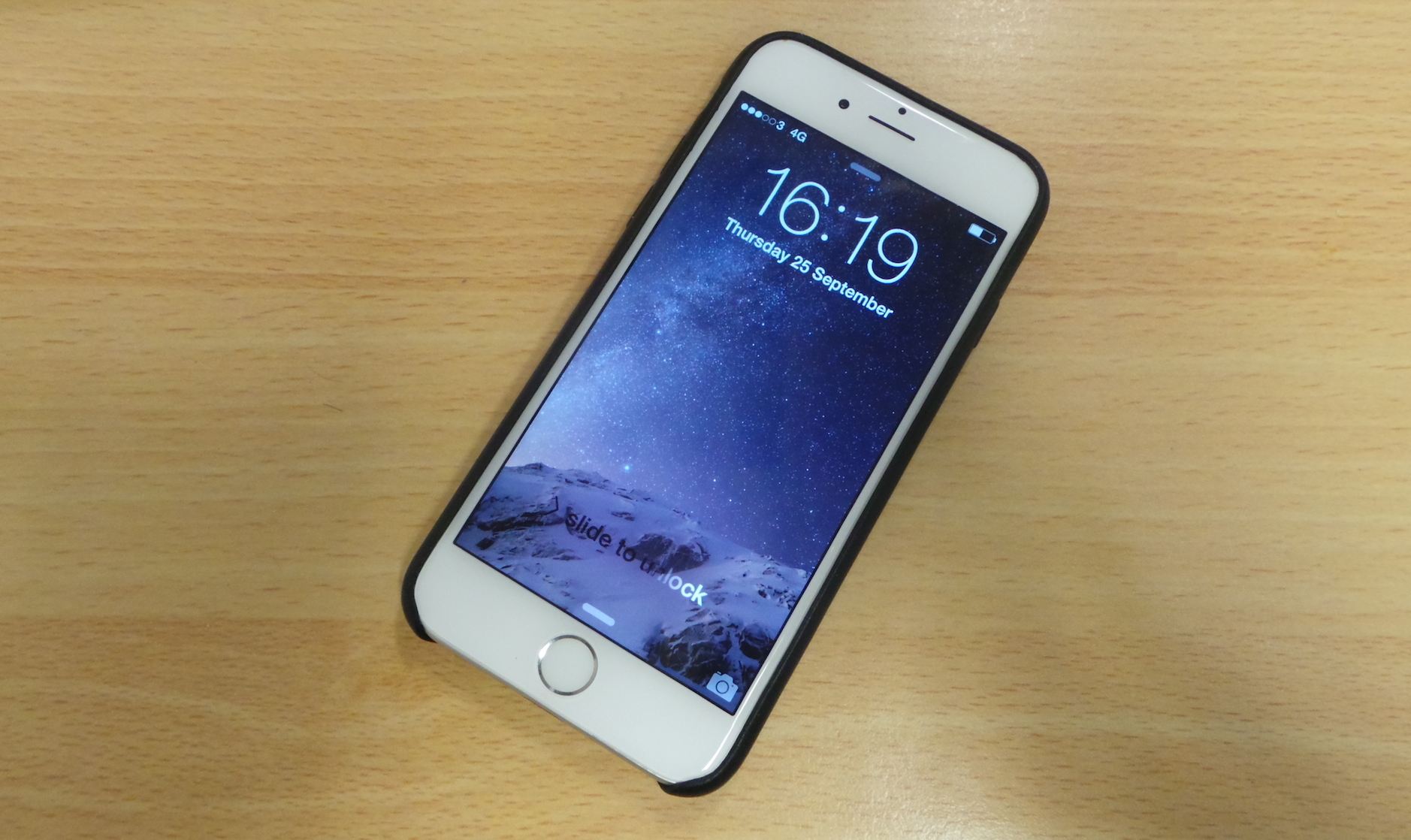 Sign up now for the $25 iPhone “batterygate” payout
Sign up now for the $25 iPhone “batterygate” payoutNews Don’t expect to get the full $25 payout, though
By Justin Cupler Published
-
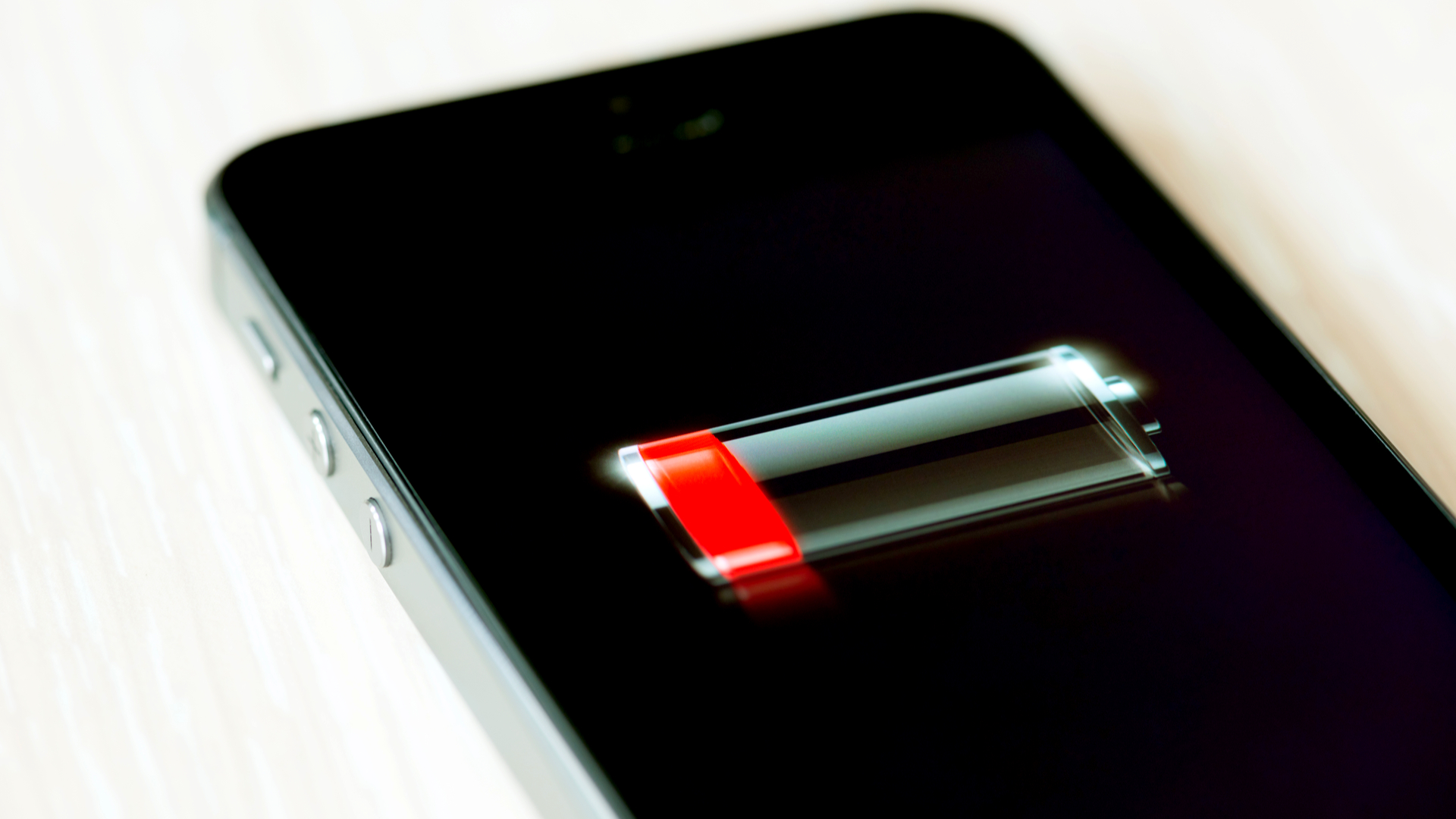 Apple is facing a battery of problems
Apple is facing a battery of problemsOpinion Apple is paying the price for forcing people into unnecessary upgrades
By Barry Collins Published
-
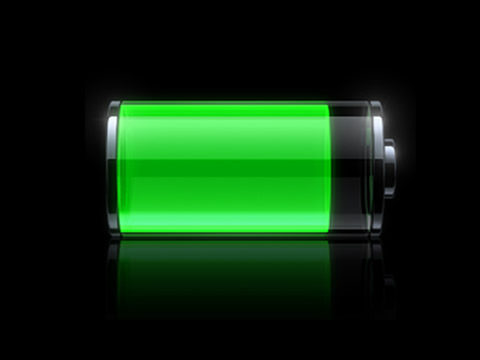 Apple battery slowdown lawsuits to be heard in one court case
Apple battery slowdown lawsuits to be heard in one court caseNews Dozens of cases to be heard at once during a hearing scheduled for next month
By Lee Bell Published